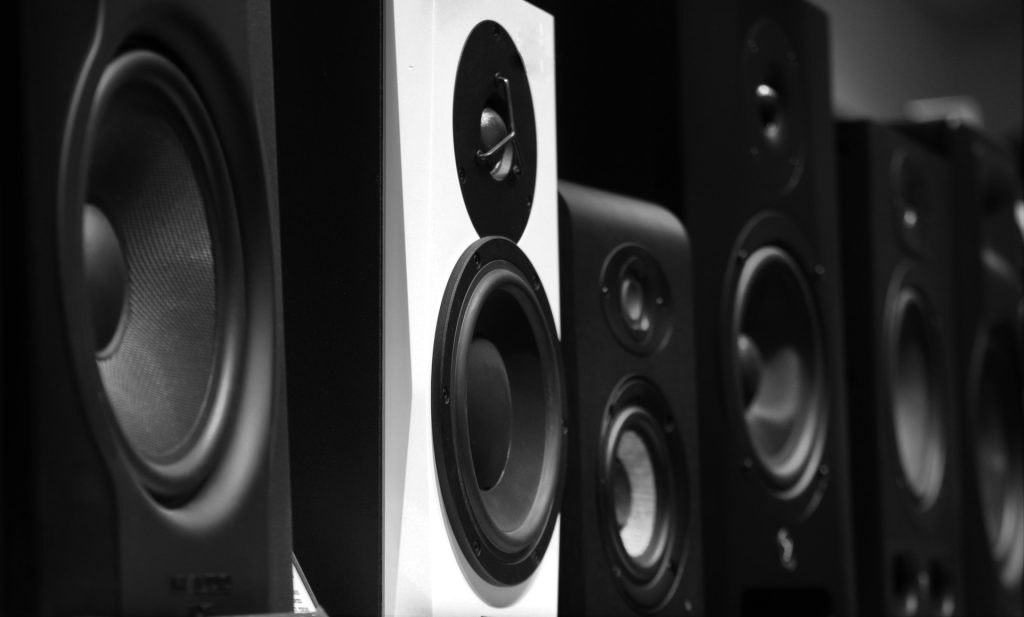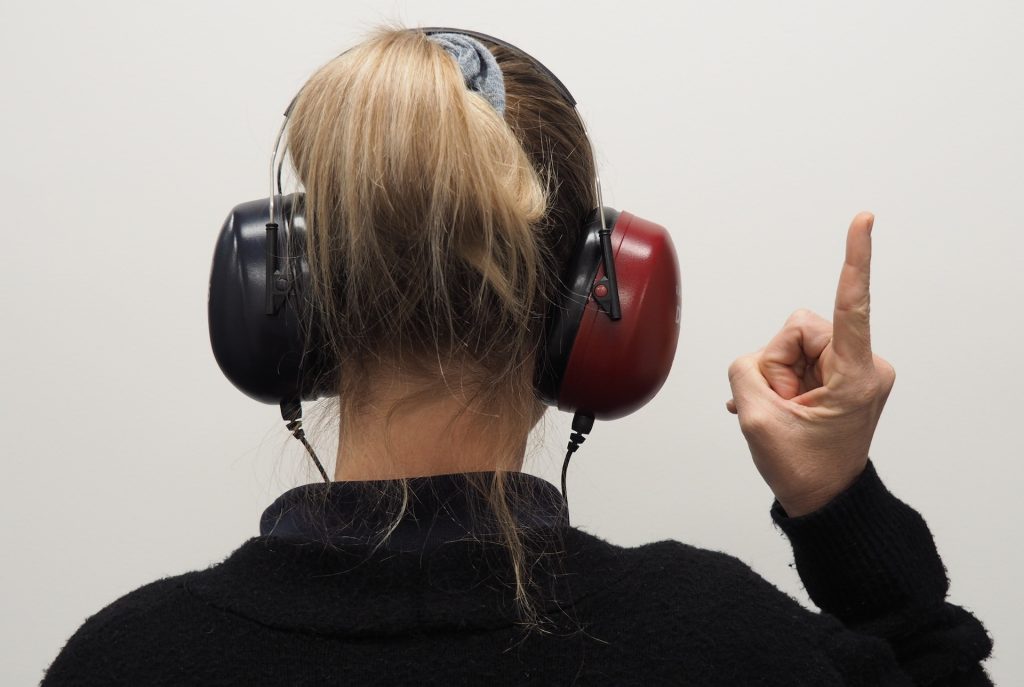As the years gracefully unfold, many adults find themselves reaching for the volume button on their TV remotes more frequently or noticing that conversations around them require a bit more volume. While the journey of aging introduces changes to our bodies, including the gradual breakdown of tiny hair cells in the inner ears, it’s not the sole culprit behind hearing loss. Another significant contributor is exposure to excessive noise, a prevalent modern-day challenge. The good news is that, irrespective of the cause, there are proactive steps you can take to prevent hearing loss and preserve the delicate symphony of sound in your life. Here are eight valuable tips to keep your ears sharp and in tune.

1. Avoid Too Much Noise
The first rule in protecting your hearing is to be mindful of noise levels. If you find yourself having to shout over the ambient noise, it’s a clear sign that it’s loud enough to potentially damage your hearing. From the roaring engines of motorcycles to the thunderous beats of concert speakers and the relentless hum of power tools, various sources contribute to harmful noise levels. Even seemingly innocuous devices like earphones can pose a threat. Understanding the relationship between loud music and hearing loss is crucial for safeguarding your auditory health.
2. The Power of Quiet Advocacy
Consider incorporating low-noise appliances and devices into your surroundings. If you encounter excessive noise in public spaces like movie theaters or restaurants, don’t hesitate to request a reduction in volume. Carrying earplugs is a simple yet effective practice, ensuring that you can protect your ears even in unexpected loud environments.
3. Time Management for Sound Exposure
While certain unavoidable scenarios, like ambulance sirens or construction noises, may expose you to loud sounds, it’s essential to manage the duration of such exposures. Noise-induced hearing loss is influenced not only by the loudness of sounds but also by the duration of exposure. Limiting your time around loud environments can significantly contribute to hearing protection.
4. Wear Hearing Protection
When anticipating exposure to loud sounds for an extended period, invest in hearing protection. Earplugs, typically made of foam or rubber, can reduce noise by 15 to 30 decibels. Earmuffs, covering the entire ear, offer similar protection. For enhanced safety, consider using both earplugs and earmuffs simultaneously.

5. Stub Out the Smoke
Research indicates that tobacco use can elevate the risk of hearing loss. If you’re a smoker, quitting not only benefits your overall health but also reduces the likelihood of losing your hearing. Non-smokers should steer clear of secondhand smoke to minimize potential harm.
6. Remove Earwax Properly
Accumulated earwax can muffle sounds, affecting your hearing. Contrary to popular belief, avoid using cotton swabs to clean your ears, as they can push wax deeper. Opt for at-home irrigation kits to soften wax and gently wash it out. In cases of compacted earwax, seek professional assistance.
7. Scrutinize Hearing Risks
Approximately 200 medications, including certain antibiotics and cancer-fighting drugs, have been linked to hearing damage. Even seemingly benign medications like high-dose aspirin can impact your ears. If you’re on prescription drugs, consult your doctor to assess their potential impact on your hearing. Regular monitoring is essential to identify and address any emerging issues.
8. Schedule Regular Hearing Tests
Take a proactive stance in preserving your hearing by scheduling routine hearing tests. This becomes particularly crucial if you have close relatives with hearing loss, experience difficulty in conversations, are frequently exposed to loud noises, or notice persistent ringing in your ears. Early detection empowers you to take preventive measures and explore treatment options, including hearing aids.

In conclusion, your auditory health is a precious asset that deserves attention and care. By incorporating these strategies into your lifestyle, you can navigate the symphony of life with clarity and protect your ears from unnecessary harm. If you notice any sudden changes in your hearing, consult your doctor promptly, as it could be indicative of underlying medical issues that require attention.





